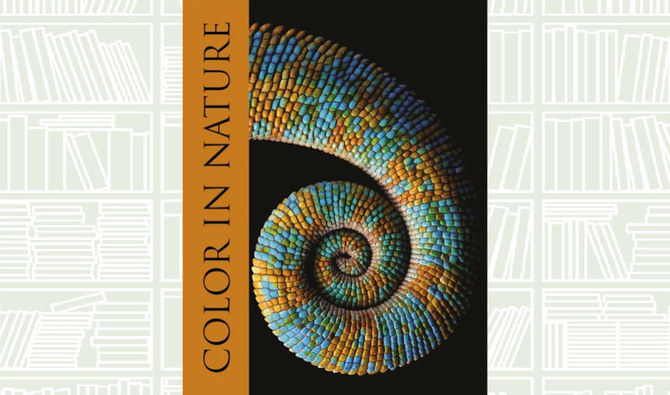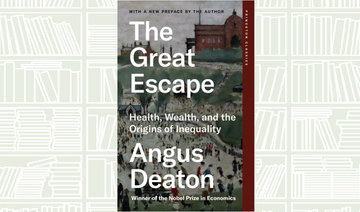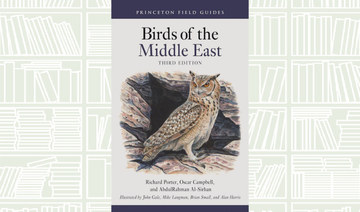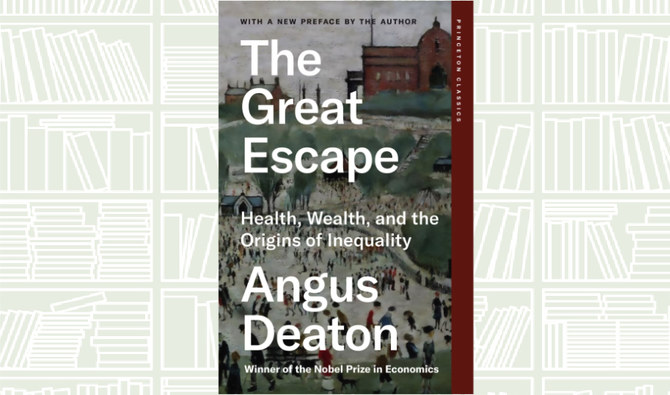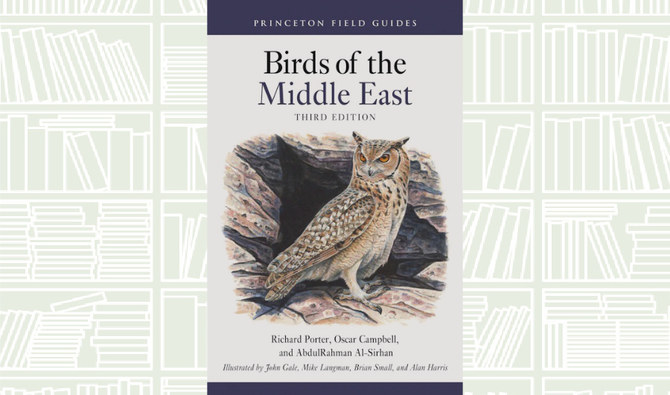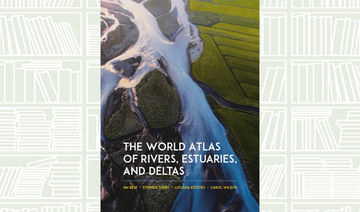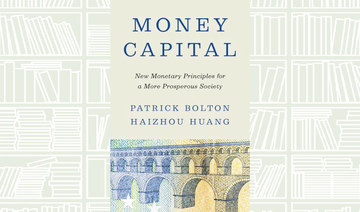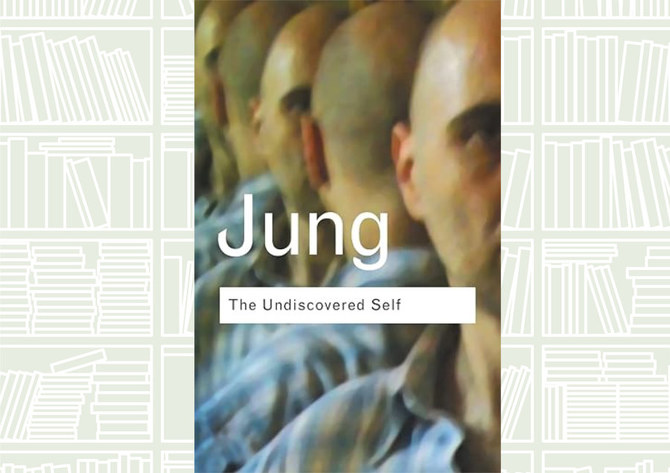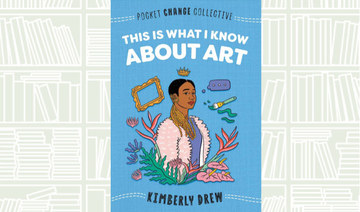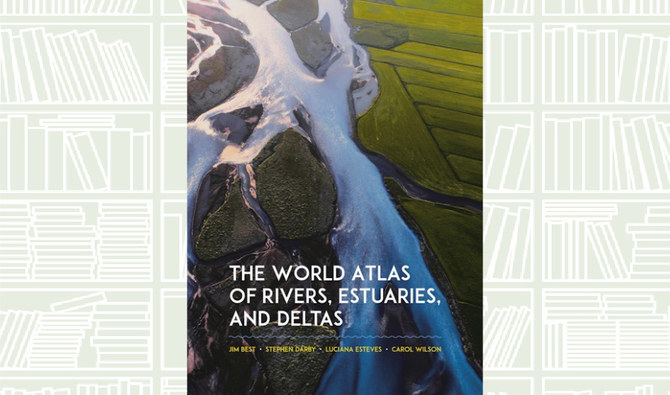Author: David Michaelis
Prizewinning bestselling author David Michaelis presents a breakthrough portrait of Eleanor Roosevelt, America’s longest-serving First Lady, an avatar of democracy whose ever-expanding agency as diplomat, activist, and humanitarian made her one of the world’s most widely admired and influential women.
“Drawing on new research, Michaelis’s riveting portrait is not just a comprehensive biography of a major American figure, but the story of an American ideal: How our freedom is always a choice. Eleanor rediscovers a model of what is noble and evergreen in the American character, a model we need today more than ever,” said a review in goodreads.com.
The review added: “The author spends a great deal of time focusing on Eleanor’s early years and details how her experiences influence her throughout her life. The story can be tedious at times but will leave you with a better understanding and appreciation for Eleanor Roosevelt.”
Eleanor’s public story began in 1921, when Franklin D. Roosevelt came down with polio. The disease robbed him of his ability to walk, and Eleanor became his legs.




